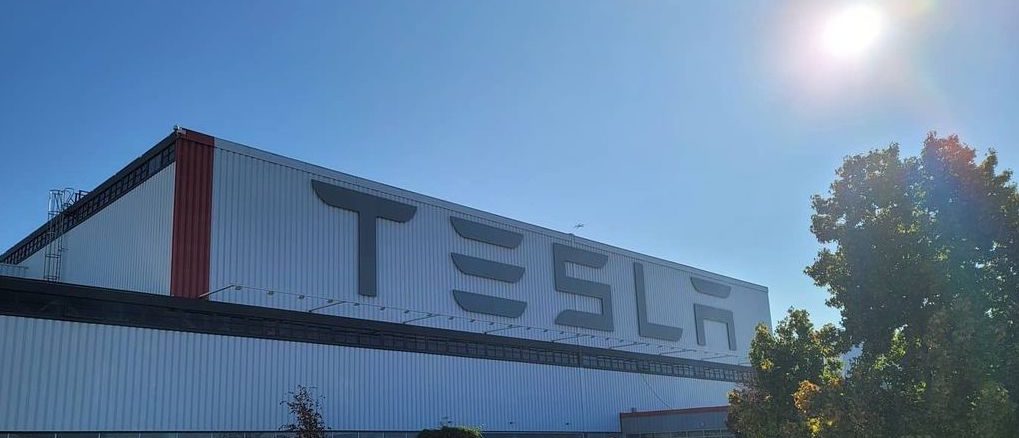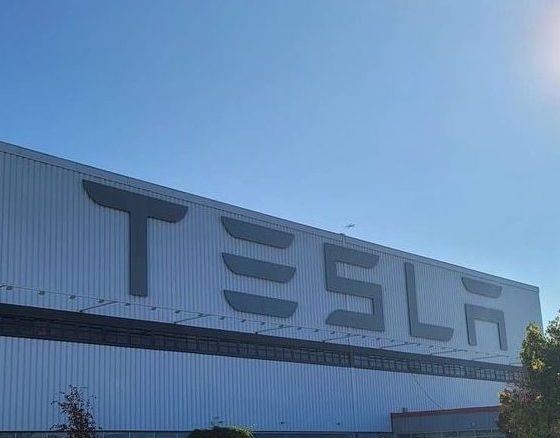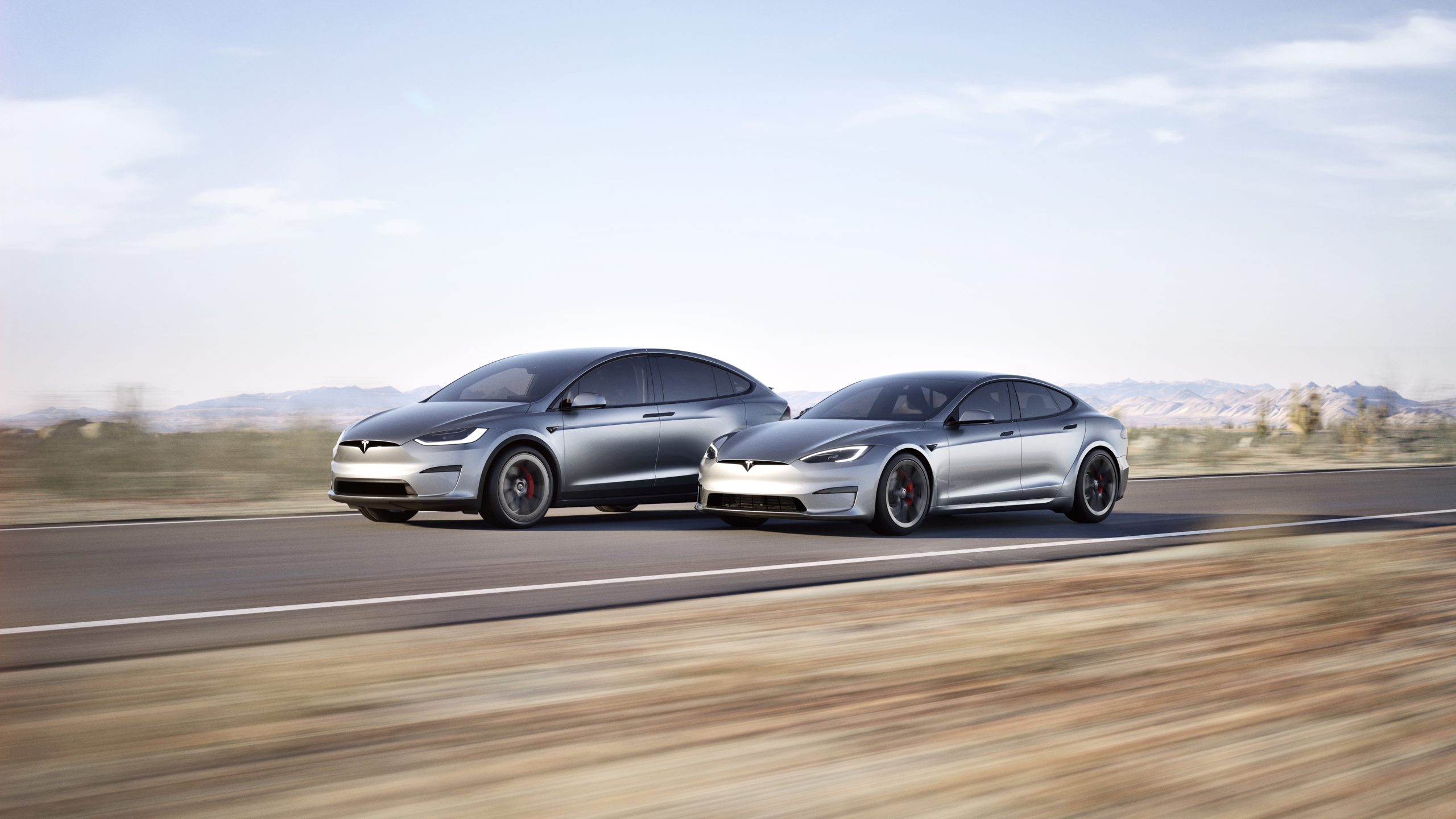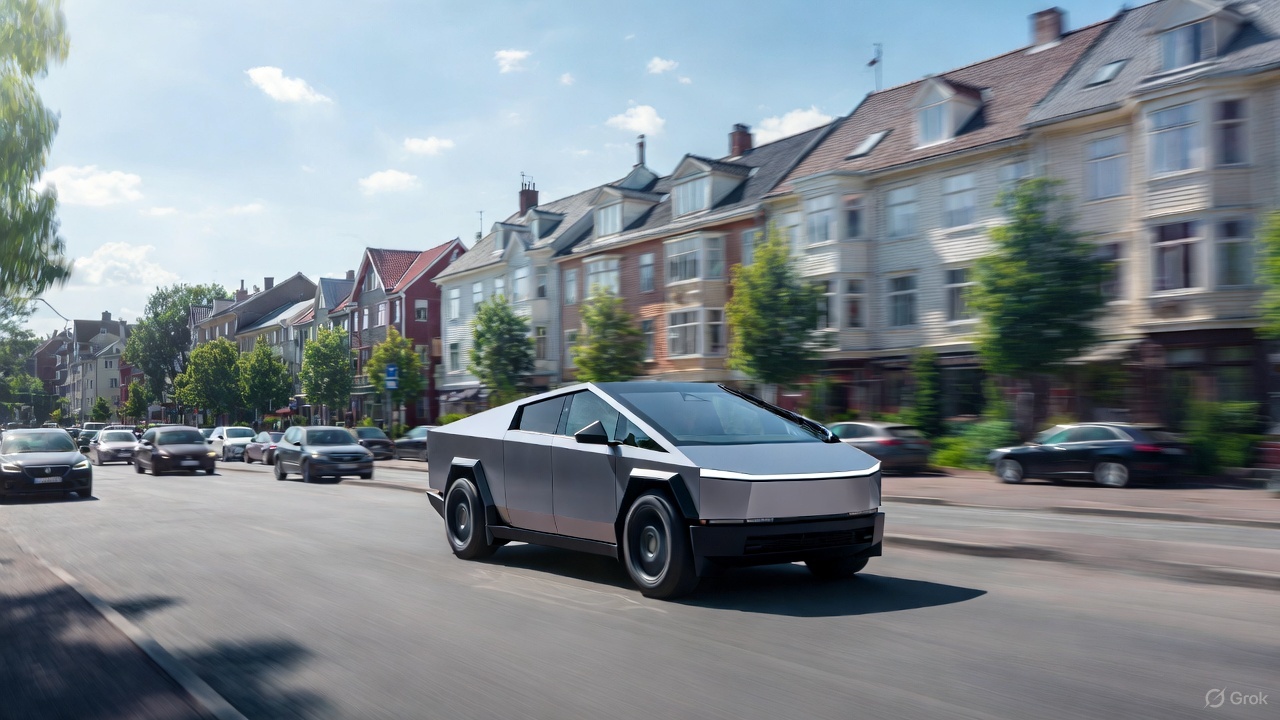

News
Emeryville mayor cancels Tesla factory tour; cites Elon Musk & Twitter
Elon Musk’s Twitter takeover has brought a lot of changes to the platform, and some are taking it well, but others are not. Mayor John Bauters of Emeryville, California, said that he was canceling his Tesla Fremont factory tour and cited Elon Musk and Twitter as his reasons.
The mayor, also chairman of the Bay Area Air Quality Management District board of directors, planned to tour the factory on December 13, 2022, and address Tesla’s concerns about permitting timelines.
On Wednesday, Elon Musk said Twitter would temporarily remove any accounts involved in deception and also participated in a Q&A on Twitter Spaces. On Monday, Twitter suspended several verified accounts for impersonating him and said that those impersonating other handles without clearly labeling the account as a parody would also be suspended.
Citing Elon Musk’s Twitter takeover and censorship of free speech, the mayor canceled his tour of the factory. He shared screenshots of what looks to be his letter to Tesla in a tweet with the caption,
“Your time is more valuable than anything a billionaire can buy. Respect your time. Respect your values. Respect yourself.”
https://twitter.com/JohnBauters/status/1590747962074099713
“Companies like Tesla are important community stakeholders to both Alameda County and Bay Area Air Quality Management District,” he wrote in his letter.
He added that while permitting timelines was important, so were other things.
“Tesla’s owner, Elon Musk, recently acquired Twitter, a social media platform used by millions of people for social and political discourse. In the brief time since acquiring the company for $44 billion, he has used it to censor free speech, distort social discourse with disinformation, and institute new policies that have undermined other businesses, major political leaders, and everyday people who are vulnerable to online or personal harassment, misinformation or opportunistic actors.”
The mayor added that these actions increase the time officials spend publicly correcting disinformation and addressing inaccurate information and listed how it harms the community.
“Acts like these increase the time local officials like me spend publicly correcting disinformation, addressing or responding to inaccurate information, and supporting the smaller businesses and community members harmed by inadequate controls. They also widen the growing social divide in this country and are antithetical to the values and goals of both the Air District’s Board of Directors and the people of Alameda County, whom I represent in my capacity on the Board.”
Mayor Bauters said that he will use the time he had planned for the Tesla factory tour to build the community. “Please understand that this decision is in no way a reflection of you, your professionalism, or the underlying request to speak with the elected leader of the agency Board that oversees Tesla’s permitting process,” he said.
Teslarati reached out to Mayor Bauters for a comment. When or if he responds, we’ll update here.
Disclosure: Johnna is a $TSLA shareholder and believes in Tesla’s mission.
Your feedback is essential. If you have any comments or concerns or see a typo, you can email me at johnna@teslarati.com. You can also reach me on Twitter at @JohnnaCrider1.
Teslarati is now on TikTok. Follow us for interactive news & more. Teslarati is now on TikTok. Follow us for interactive news & more. You can also follow Teslarati on LinkedIn, Twitter, Instagram, and Facebook.

News
Tesla Model S and X customization options begin to thin as their closure nears
Tesla’s Online Design Studio for both vehicles now shows the first color option to be listed as “Sold Out,” as Lunar Silver is officially no longer available for the Model S or Model X. This color is exclusive to these cars and not available on the Model S or Model X.

Tesla Model S and Model X customization options are beginning to thin for the first time as the closure of the two “sentimental” vehicles nears.
We are officially seeing the first options disappear as Tesla begins to work toward ending production of the two cars and the options that are available to those vehicles specifically.
Tesla’s Online Design Studio for both vehicles now shows the first color option to be listed as “Sold Out,” as Lunar Silver is officially no longer available for the Model S or Model X. This color is exclusive to these cars and not available on the Model S or Model X.
🚨 Tesla Model S and Model X availability is thinning, as Tesla has officially shown that the Lunar Silver color option on both vehicles is officially sold out
To be fair, Frost Blue is still available so no need to freak out pic.twitter.com/YnwsDbsFOv
— TESLARATI (@Teslarati) February 25, 2026
Tesla is making way for the Optimus humanoid robot project at the Fremont Factory, where the Model S and Model X are produced. The two cars are low-volume models and do not contribute more than a few percent to Tesla’s yearly delivery figures.
With CEO Elon Musk confirming that the Model S and Model X would officially be phased out at the end of the quarter, some of the options are being thinned out.
This is an expected move considering Tesla’s plans for the two vehicles, as it will make for an easier process of transitioning that portion of the Fremont plant to cater to Optimus manufacturing. Additionally, this is likely one of the least popular colors, and Tesla is choosing to only keep around what it is seeing routine demand for.
During the Q4 Earnings Call in January, Musk confirmed the end of the Model S and Model X:
“It is time to bring the Model S and Model X programs to an end with an honorable discharge. It is time to bring the S/X programs to an end. It’s part of our overall shift to an autonomous future.”
Fremont will now build one million Optimus units per year as production is ramped.
News
Tesla Cybertruck Dual Motor AWD estimated delivery slips to early fall 2026
Tesla has also added a note on the Cybertruck design page stating that the vehicle’s price will increase after February 28.

Tesla’s estimated delivery window for new Cybertruck Dual Motor All-Wheel Drive (AWD) orders in the United States has shifted to September–October 2026. This suggests that the vehicle’s sub-$60,000 variant is now effectively sold out until then.
The updated timeline was highlighted in a post on X by Tesla watcher Sawyer Merritt, who noted that the estimated delivery window had moved from June 2026 to September-October 2026, “presumably due to strong demand.”
The Dual Motor AWD currently starts at $59,990 before incentives. Tesla has also added a note on the Cybertruck design page stating that the vehicle’s price will increase after February 28.
If demand remains steady, the combination of a later delivery window and a pending price increase suggests Tesla is seeing sustained interest in the newly-introduced Cybertruck configuration. This was highlighted by Elon Musk on X, when he noted that the Cybertruck Dual Motor AWD’s introductory price will only be available for a limited time.
When the Cybertruck was first unveiled in November 2019, Tesla listed the Dual Motor AWD variant at $49,990. Adjusted for inflation, that figure equates to roughly $63,000 in 2026 dollars, based on cumulative U.S. inflation since 2019.
That context makes a potential post-February price in the $64,000 to $65,000 range less surprising, especially as material, labor, and manufacturing costs have shifted significantly over the past several years.
While Tesla has not announced a specific new MSRP, the updated delivery timeline and pricing note together suggest that the Cybertruck Dual Motor AWD could very well be the variant that takes the all-electric full-sized pickup truck to more widespread adoption.
Elon Musk
SpaceX targets 150Mbps per user for upgraded Starlink Direct-to-Cell
If achieved, the 150Mbps goal would represent a significant jump from the current performance of Starlink Direct-to-Cell.

SpaceX is targeting peak download speeds of 150Mbps per user for its next-generation Direct-to-Cell Starlink service. The update was shared by SpaceX Spectrum & Regulatory Affairs Lead Udrivolf Pica during the International Telecommunication Union’s Space Connect conference.
“We are aiming at peak speeds of 150Mbps per user,” Pica said during the conference. “So something incredible if you think about the link budgets from space to the mobile phone.”
If achieved, the 150Mbps goal would represent a significant jump from the current performance of Starlink Direct-to-Cell.
Today, SpaceX’s cellular Starlink service, offered in partnership with T-Mobile under the T-Satellite brand, provides speeds of roughly 4Mbps per user. The service is designed primarily for texts, low-resolution video calls, and select apps in locations that traditionally have no cellular service.
By comparison, Ookla data shows median 5G download speeds of approximately 309Mbps for T-Mobile and 172Mbps for AT&T in the United States, as noted in a PCMag report. While 150Mbps would still trail the fastest terrestrial 5G networks, it would place satellite-to-phone broadband much closer to conventional carrier performance, even in remote areas.
Pica indicated that the upgraded system would support “video, voice, and data services, clearly,” moving beyond emergency connectivity and basic messaging use cases.
To reach that target, SpaceX plans to upgrade its existing Starlink Direct-to-Cell satellites and add significant new capacity. The company recently acquired access to radio spectrum from EchoStar, which Pica described as key to expanding throughput.
“More spectrum means a bigger pipeline, and this means that we can expand what we can do with partners. We can expand the quality of service. And again, we can do cellular broadband basically, cellular broadband use cases, like AI or daily connectivity needs,” he stated.
SpaceX has also requested regulatory approval to deploy 15,000 additional Direct-to-Cell satellites, beyond the roughly 650 currently supporting the system. The upgraded architecture is expected to begin rolling out in late 2027.








